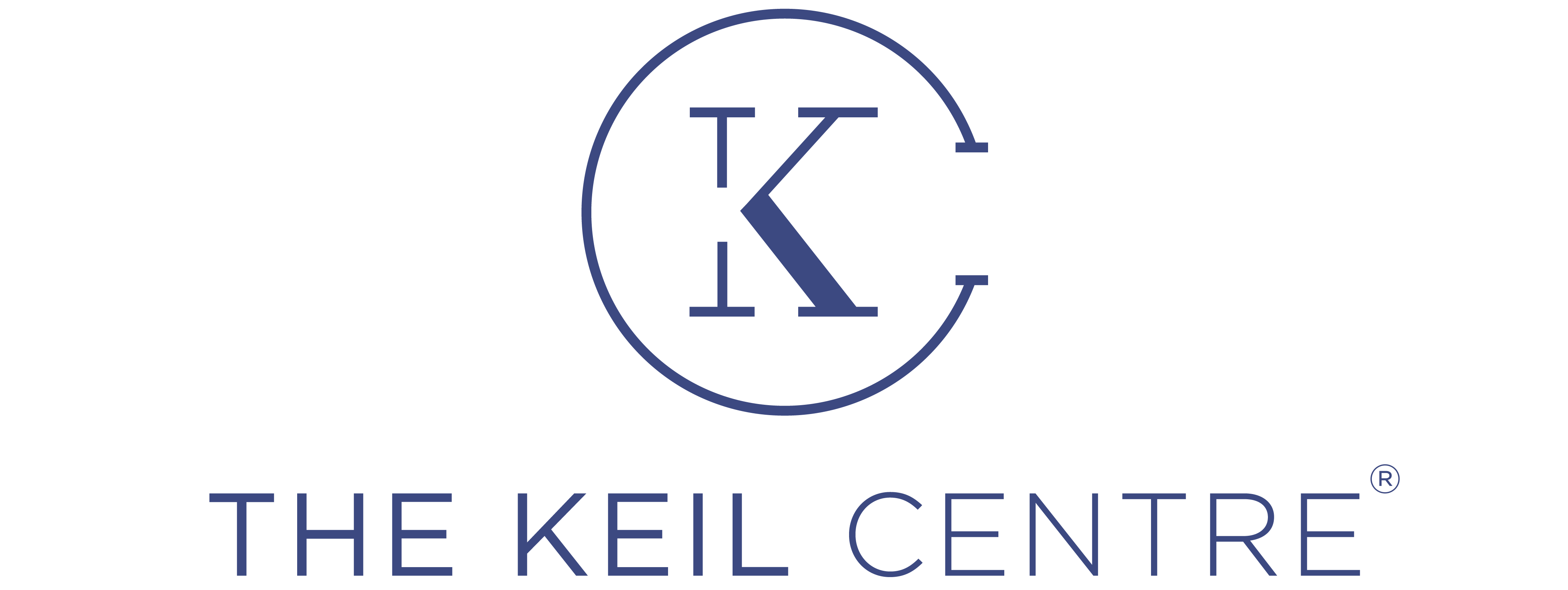Stop telling us to be more resilient!
November 6, 2024

Statistics from across the world indicate that mental ill-health is increasing in the general population – and therefore also at work. Many organisations turn to personal resilience programmes as the answer – but do these work?
Our colleague, Nicole Gray, Head of Australian Operations at The Keil Centre, recently presented on this topic at the Queensland Mining Industry Health and Safety Conference. This conference (Welcome - Queensland Mining Industry Health & Safety Conference) provides a platform to exchange information and develop health and safety management techniques in the Queensland mining industry.

Nicole presented the research on work and wellbeing and the impact of modern work on mental health. Based on the evidence and her extensive experience, Nicole suggested that personal resilience can play a part in improving mental health at work – but resilience training won’t work on it’s own.
Programmes that aim to increase resilience are important in the workplace. Equally important is an organisation’s commitment and understanding of the factors that support wellbeing in the workplace and supporting their workers to be resilient rather than expecting them to show up resilient or work on it alone.
So where to start...?
The Keil Centre have been advocating a comprehensive, evidence-based approach to wellbeing at work since it first opened it’s doors over 40 years ago (keilcentre.co.uk/supporting-mental-health-1983-2023/). Our current approach is informed by the research on the importance of taking an integrated approach. We suggest organisations need to focus activity across 3 levels:

Promoting the positive:
A good job can both boost and protect people’s wellbeing. Research is clear about how work can boost wellbeing at work: such as meaningful work, strong working relationships, autonomy and a strong wellbeing culture. We help organisations and teams build good jobs and consider what programmes are there in place to promote good physical and mental health.
Preventing Harm
Workplaces should also have robust programmes that help identify and address psychosocial hazards (source of stress) in the workplace such as high workload, remote working, low autonomy, bullying and harassment. We can help employers and managers develop a solid understanding of these hazards and work with their team to prevent or manage them. Individuals can also be supported by evidence-based training to help them identify their personal stress triggers and response patterns and to develop stronger wellbeing habits.
Responding to Ill-health:
Finally, organisations need to provide support for those who need it. Leaders, especially frontline managers, also need to know how to effectively respond to individuals if or when mental ill-health problem arise. Do your leaders the skills and confidence to respond to a colleague or team member who is suffering from stress?
The Keil Centre has a comprehensive suite of services to support your organisation in taking a comprehensive approach to wellbeing at work. For more information, contact Nicole@keilcentre.co.uk for Aus/ Americas and Chiara@keilcentre.co.uk for Europe.
Also – look out for our NEW Wellbeing Insights survey. We are currently working with some early adopters to trial and validate our new survey on wellbeing at work. This will help you and your team understand what you are doing well and what you need to improve in terms of wellbeing at work. For more information, see our services here or contact chiara@keilcentre.co.uk.

